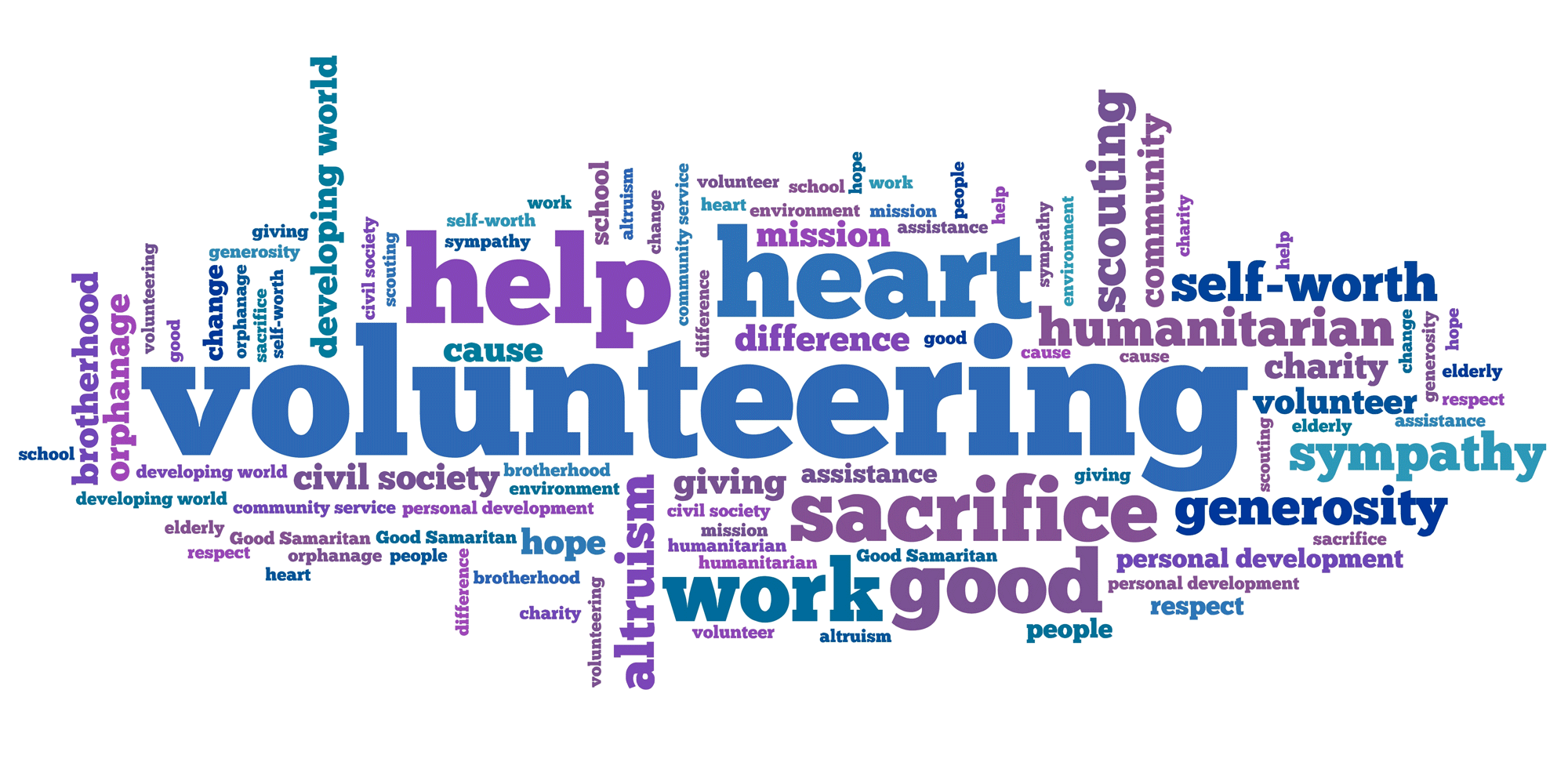
Photo:allured.com
What might the long-term legacy and spirit of the London Olympics be? This is a question that many are asking. There are, obviously, many answers to this question. For me the answer lies in the fact that, at London 2012 the Spirit of Volunteerism has triumphed over commercialism. This for me is the main Legacy of the London Olympics.
As the Editorial in today’s Observer has wisely reminded us: 'Games volunteers show us how a big society could really work'
“The arguments about legacy for the Olympic Games tend to dwell on bricks and mortar – or steel and fibreglass. What will we do with the basketball arena? Will West Ham really play their home matches in the Olympic stadium? Can the £9bn capital investment show a concrete return in transport networks and affordable housing?
Infrastructure isn't only about rail links and building projects though. It is also, more fundamentally, about connecting individuals with the wider society around them, building bridges between communities and families, particularly those that feel themselves isolated or hard to reach. That kind of connectivity is harder to measure. Can the ties that bind us be strengthened by an event like this?...
One of the most striking aspects of this Olympiad has been the success of the volunteering programme. No visitor to the park and arenas will have come away without having felt genuinely and warmly welcomed (every 20 yards or so). The volunteers in their purple and red uniforms have been the human face of the 2012 Games and of Britain, and a particularly smiley and effervescent one; their pride at being involved, even often in quite a mundane way, has been infectious.”…
This for me is the legacy I wish to see. The Spirit of Altruism, Service, Giving, Sharing. Can you imagine if this spirit becomes more permanent, more embracive, more inclusive, then, maybe at long last we can begin to change our troubled world for the better.
In Praise of Generosity, Compassion and Kindness: Lessons of London 2012
Thanks, Danny Boyle, for Celebrating the Common Good
Read More:
Olympics: the Games volunteers show us how a big society could really work
Volunteering
http://www.guardian.co.uk/society/volunteering
Why volunteering matters? A European Perspective
*More than 100 million Europeans engage in voluntary activities, live solidarity and through this make a difference to our society. A recent Eurobarometer survey revealed that 3 out of 10 Europeans claim to be active in a voluntary capacity and that close to 80% of respondents feel that voluntary activities are an important part of democratic life in Europe.
*Volunteers mirror the diversity of European society with people of all ages, women and men, employees and unemployed, people from different ethnic backgrounds and belief groups and citizens from all nationalities being involved *Volunteers are engaged in a diverse range of activities, such as the provision of education and services, mutual aid or ‘self-help’, advocacy, campaigning, management, community and environmental action.
*Volunteering is one of the ways in which people of all abilities and backgrounds can contribute to positive change*Volunteering is a means of social inclusion and integration. It contributes to a cohesive society creating bonds of trust and solidarity and, thus, social capital. It is a powerful source of reconciliation and reconstruction in divided societies
*Volunteering plays an important role in finding solutions to societal issues. Volunteers and their organisations are often at the forefront of developing innovative actions to detect voice and respond to needs arising in society. Volunteers help to improve the quantity and quality of services and to creatively develop new services *Volunteering is a significant economic factor. The voluntary sector contributes an estimated 5% to the GDP of our national economies *Volunteering helps create of innovative partnerships between businesses, public authorities and voluntary sector organisations. Such partnerships, coupled with the pioneering nature of many volunteering actions, can lead to the creation of new employment opportunities *Volunteering provides informal and non-formal learning opportunities and is therefore a crucial instrument in life-long learning. Through volunteering, people gain knowledge, exercise skills and extend their social networks, which can often lead to new or better employment opportunities, as well as personal and social development.
There is a vast array of notions, definitions and traditions concerning volunteering. However, what is common throughout Europe is that wherever people engage together in activities to help each other, support those in need, preserve our environment, campaign for human rights, or to initiate actions to help ensure that everyone enjoys a decent life - both society as a whole and the individual volunteers benefit and social cohesion is significantly strengthened.
On Volunteerism: A Personal Perspective: Why Love, Trust, Respect and Gratitude Trumps Economics
…” Guided by the principles of hard work, commitment, volunteerism and service; with a great passion for dialogue of cultures, civilisations, religions, ideas and visions, at an international conference in Oxford in 2002 the Globalisation for the Common Good Initiative (GCGI) and the GCGI Annual International Conference Series were founded.”…Why Love, Trust, Respect and Gratitude Trumps Economics
http://gcgi.info/kamrans-blog/177-why-love-trust-respect-and-gratitude-trumps-economics
